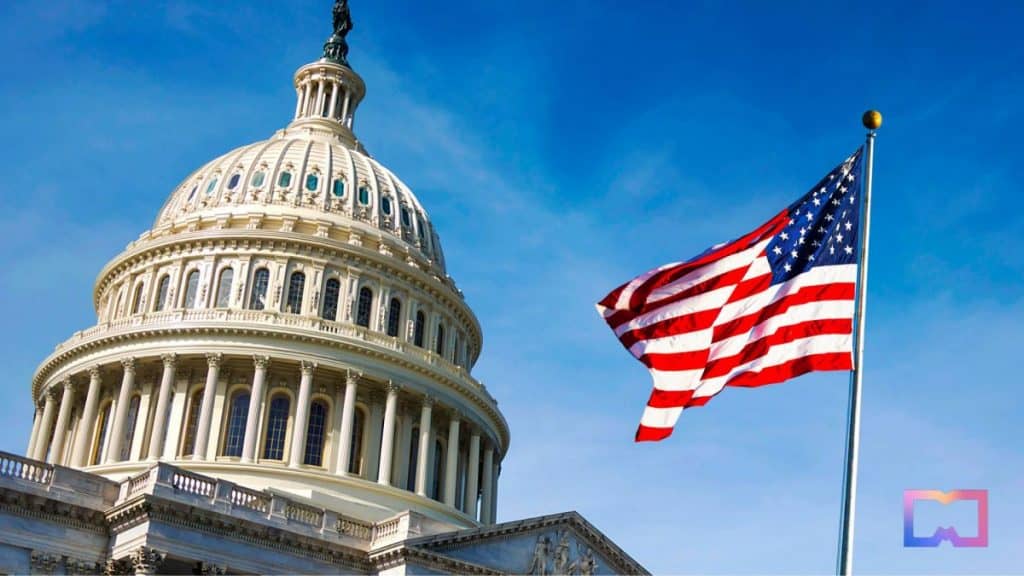The SEC and the US Government’s Evolving Stance


In Brief
The House Financial Services Committee Chair Patrick McHenry plans to hold a vote on a bill that would regulate digital assets by mid July. The bill would classify cryptocurrencies as a security or a commodity and regulate exchanges.
This new legislation comes amidst increasing scrutiny and pressure on the digital asset market by the US Government. The SEC has expressed growing concerns about the potential risk of fraud and market manipulation in the crypto market, along with the broader issue of investor protection.

In May, Gensler told the House Financial Services Committee that there’s a “lot of hype masquerading as reality in the crypto field.” He further emphasized that the SEC was committed to ensuring that the digital asset market is not a wild west where rampant fraud and scams can thrive.
US Government and Crypto industry
The crypto industry, which has long operated in a regulatory grey area, is watching these developments closely. Many industry leaders have argued for clear regulatory guidelines for years, claiming that uncertainty hinders growth and innovation.
However, they also worry that overly strict regulation might stifle innovation or drive the industry offshore. Many in the crypto space believe that traditional financial regulatory frameworks may not be suitable for digital assets due to their unique properties and functions.
The response from the crypto community to the proposed legislation has been mixed. Some see this as a positive step towards legitimizing and stabilizing the crypto industry, while others see it as a potential threat to the decentralized nature of digital assets.
Conclusion
The U.S. government’s stance on digital asset regulation is changing fast. This proposed bill is a clear sign of that. It aims to create a structured, transparent framework for digital assets. This could bring greater certainty to the industry. It could also attract more institutional investors.
However, lawmakers need to tread carefully. They need to balance the need for regulation with the need for innovation. Over-regulation could stifle the industry’s growth while pushing innovation to less regulated areas.
Any proposed legislation must consider digital assets’ unique properties. It should not just try to fit them into existing frameworks.
- The White House has released the first-ever digital asset regulation framework, following Executive Order 14067. The order directed the study of cryptocurrency risks and benefits.
Read more related articles:
- Brittany Kaiser, Co-founder of Own Your Data Foundation and Digital Asset Trade Association, chair at Gryphon
- MUFG plans to offer financial services in the metaverse
- Puma and Salvatore Ferragamo take a step into NFTs
- Nike is set to launch its Web3 platform, .SWOOSH
Disclaimer
In line with the Trust Project guidelines, please note that the information provided on this page is not intended to be and should not be interpreted as legal, tax, investment, financial, or any other form of advice. It is important to only invest what you can afford to lose and to seek independent financial advice if you have any doubts. For further information, we suggest referring to the terms and conditions as well as the help and support pages provided by the issuer or advertiser. MetaversePost is committed to accurate, unbiased reporting, but market conditions are subject to change without notice.
About The Author
Nik is an accomplished analyst and writer at Metaverse Post, specializing in delivering cutting-edge insights into the fast-paced world of technology, with a particular emphasis on AI/ML, XR, VR, on-chain analytics, and blockchain development. His articles engage and inform a diverse audience, helping them stay ahead of the technological curve. Possessing a Master's degree in Economics and Management, Nik has a solid grasp of the nuances of the business world and its intersection with emergent technologies.
More articles

Nik is an accomplished analyst and writer at Metaverse Post, specializing in delivering cutting-edge insights into the fast-paced world of technology, with a particular emphasis on AI/ML, XR, VR, on-chain analytics, and blockchain development. His articles engage and inform a diverse audience, helping them stay ahead of the technological curve. Possessing a Master's degree in Economics and Management, Nik has a solid grasp of the nuances of the business world and its intersection with emergent technologies.



















































